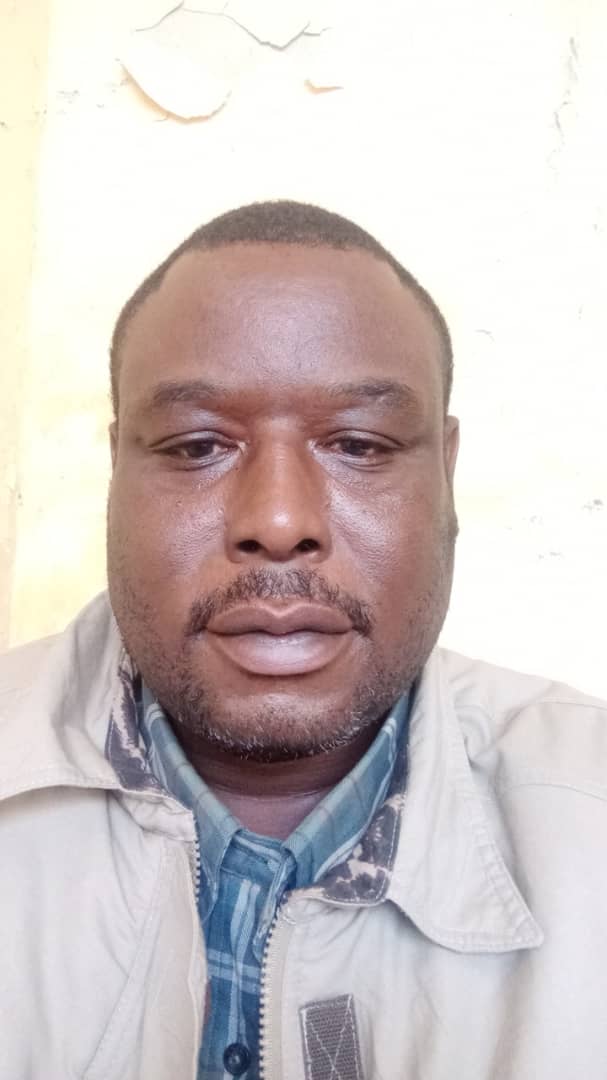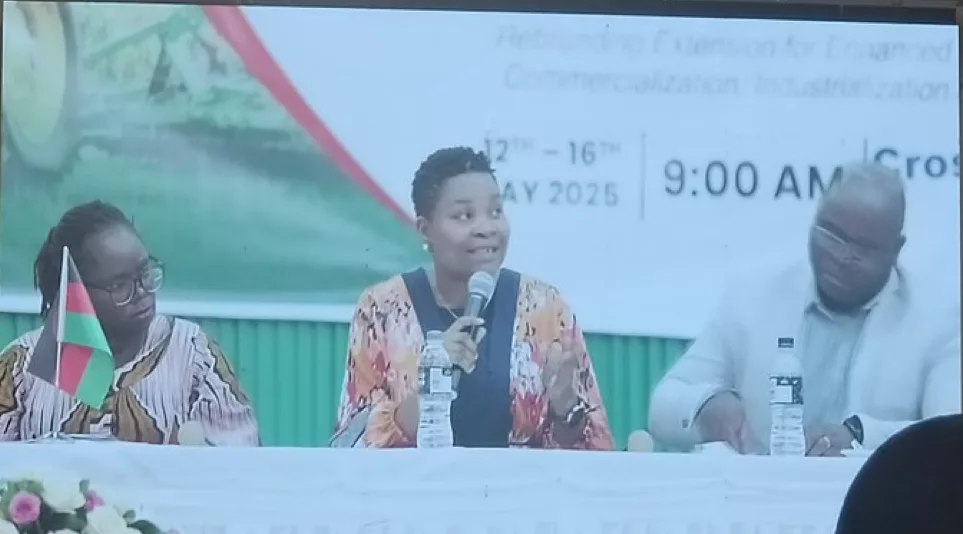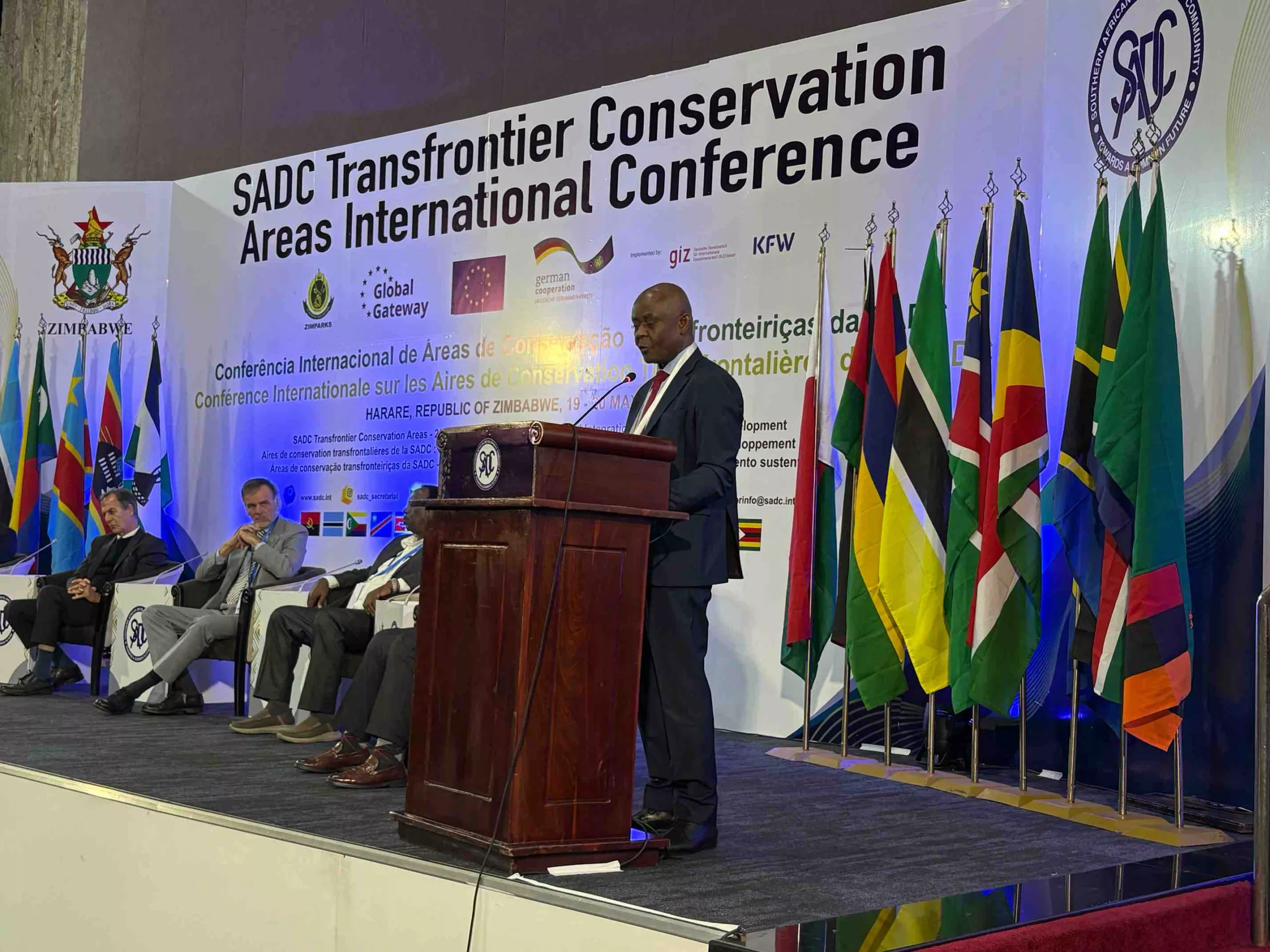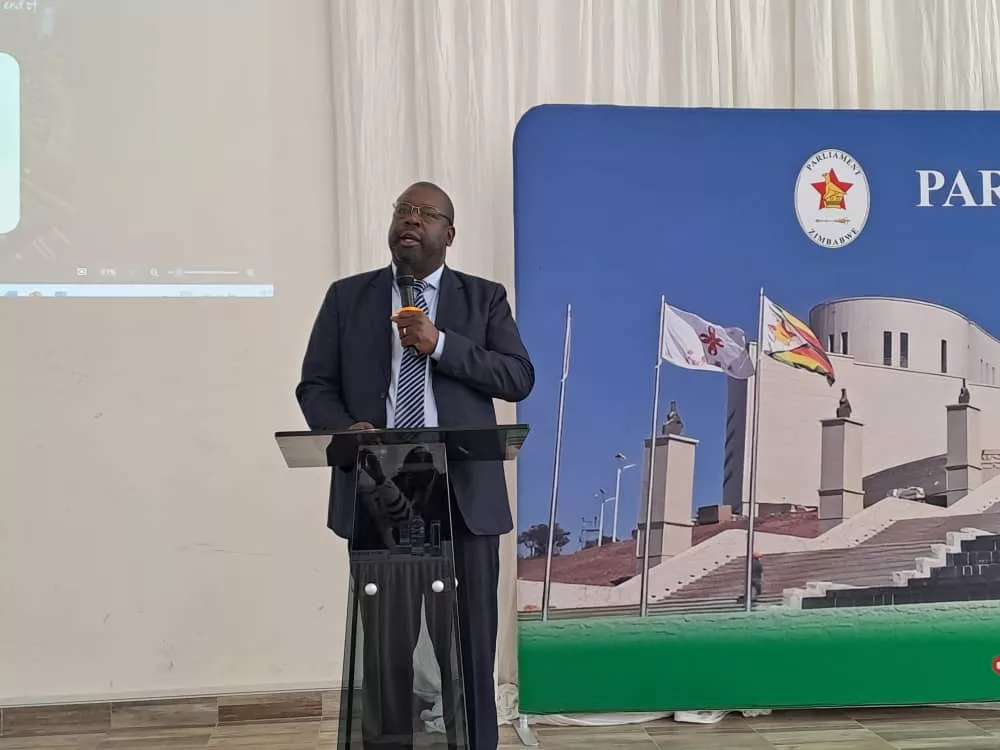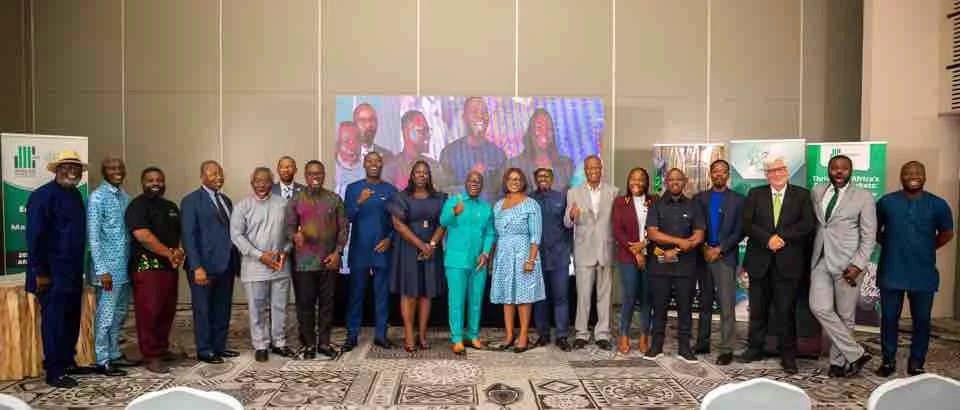|
Getting your Trinity Audio player ready...
|
The African Editors Forum (TAEF) today joined the rest of the world in celebrating World Press Freedom Day and pledged solidarity with all African editors and journalists who continue to produce excellent world-class journalism under difficult conditions, brought on by repressive governments, tough economic conditions, and the COVID-19 pandemic.
In a statement, TAEF said African editors and journalists also celebrate the return of World Press Freedom Day celebrations to African soil as the 30th anniversary is taking place in Namibia, the birthplace of the Windhoek Declaration which was this Continent’s gift to the world.
“The Windhoek Declaration, this African product, did not only go on to become the benchmark used by the United Nations General Assembly, to declare May 3, the date of its adoption, as International Press Freedom Day celebrated all over the world. No, it was used as a basis to organise similar regional seminars leading to declarations such as The Alma Ata Declaration for central Asia, Sana’a Declaration for the Middle East, and the Santiago Declaration for Latin America and the Caribbean, all relying heavily on the Windhoek Declaration.
“The editors, journalists, and media activists that gathered in Namibia in 1991 sought the opening of democratic spaces and the introduction of more diverse and pluralistic voices in the media around the world. This mission has, by and large, been achieved. The challenge that the media generation of 2021 faces is to ensure that both the advantages and disadvantages brought on by technological developments, the global media economics downturn, aided and abetted by the COVID-19, does not reverse the gains made as a result of the work done in response to the historic Windhoek Declaration.”
Willie Muponda, the Southern Africa Editors Forum (SAEF) chairperson and TAEF executive member said it remains important for the African media to continue to practice excellent ethical and fact-checked journalism to hold governments accountable. To do this, he said, the media needs to remain viable.
“TAEF believes that the challenges of the 2021 generation include but are not restricted to the change of media economics as a result of, among others, digital revolution and COVID-19. It also includes finding solutions to dealing with infodemic so that people’s access to trustworthy fact-checked information continues without any obstacles.”
TAEF said the challenges faced by media practitioners include the continued criminalisation of journalism by some states in Africa and the world. This criminalisation has led to harassment, detentions, and the murder of journalists. To deal with this particular aspect, TAEF and UNESCO, together with other partners, have launched the Digital Platform for the Protection of African Journalists, which works through the office of the African Special Rapporteur, to ensure that impunity is ended.
Today, TAEF reiterated its commitment to working with other partners to come up with solutions of how a media struggling for survival can continue to provide information as a public good without a financial burden on people.
They quoted Amilcar Cabral, the great African scholar who said every generation must define the challenges of its time and then fulfill its mission or abscond.
“The World Press Freedom Day taking place in Namibia is a defining moment for Africa editors. Our challenges have been defined and as African Editors, just as our predecessors before us, we have no intention to shirk our duty but to ensure we meet the challenges of our time,” TAEF said.


